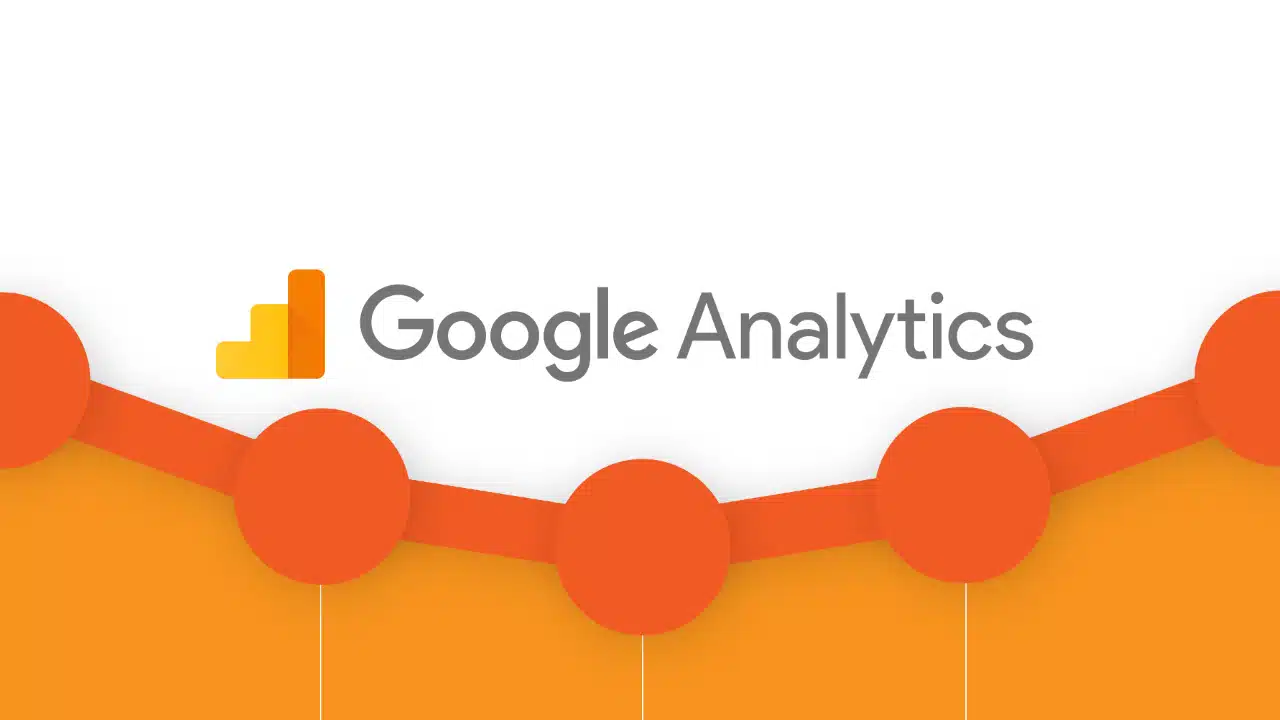
In today’s competitive market, understanding your customers and how they interact with your website is essential for the success of your spray foam insulation business. Google Analytics is a powerful tool that provides valuable insights into your website’s performance, helping you make data-driven decisions that can significantly impact your bottom line. In this comprehensive guide, we will walk you through how to use Google Analytics effectively for your spray foam business.
Understanding Google Analytics: The Basics
Before we dive into the specifics, let’s start with a brief overview of what Google Analytics is and why it’s crucial for your business.
Google Analytics is a free web analytics service offered by Google that tracks and reports website traffic. It provides detailed statistics about your website’s visitors, including where they come from, what pages they visit, how long they stay, and much more. For spray foam contractors, this data is invaluable for understanding customer behavior, optimizing marketing strategies, and ultimately growing your business.
1. Setting Up Google Analytics for Your Spray Foam Business
The first step in leveraging Google Analytics is to set up an account and integrate it with your website.
Step-by-Step Guide:
- Create a Google Analytics Account: Visit Google Analytics and sign up using your existing Google account. If you don’t have one, you’ll need to create it first.
- Set Up a Property: A property in Google Analytics refers to your website. You can track multiple properties (websites) under one account. Enter your website’s name, URL, and other relevant information.
- Get the Tracking Code: After setting up the property, Google Analytics will provide you with a tracking code. This code needs to be added to every page of your website to start collecting data.
- Install the Tracking Code: Add the tracking code to your website’s header or use a plugin if you’re using a content management system like WordPress. This code will start tracking your visitors’ activities.
- Verify Installation: After installing the tracking code, you can verify it by visiting your website and checking the real-time reports in Google Analytics. If everything is set up correctly, you should see your activity appear in the report.
2. Navigating the Google Analytics Dashboard
Once your account is set up, the Google Analytics dashboard becomes your command center. Here’s a breakdown of the key sections you should familiarize yourself with:
Home Dashboard
- Overview: This is your go-to section for a quick snapshot of your website’s performance, including the number of users, sessions, bounce rate, and average session duration.
- Real-Time: See live data on who is currently on your site, where they are from, and what pages they are viewing. This is especially useful during promotions or high-traffic events.
Audience Reports
- Demographics: Understand the age, gender, and interests of your visitors. This information can help you tailor your content and marketing efforts to better reach your target audience.
- Geolocation: See where your visitors are located. For spray foam contractors, this can help in targeting specific regions or areas where your services are most in demand.
Acquisition Reports
- Traffic Sources: Discover how visitors are finding your website—whether through organic search, paid ads, social media, or referrals. This helps you identify which marketing channels are driving the most traffic.
- Campaigns: If you’re running any Google Ads campaigns, this section will show you how well those campaigns are performing, allowing you to adjust your strategy as needed.
Behavior Reports
- Site Content: See which pages are the most popular, how long visitors stay on each page and the bounce rate. This helps you understand what content resonates with your audience and what might need improvement.
- Site Speed: Analyze your website’s loading times, which is crucial for user experience and SEO. If your site is slow, you might need to optimize it to improve performance.
Conversion Reports
- Goals: Track specific actions you want visitors to take, such as filling out a contact form or requesting a quote. Setting up goals allows you to measure the success of your website in driving conversions.
- E-commerce: If your site includes e-commerce functionality, this section will help you track sales, revenue, and other key metrics.
3. Key Metrics to Track for Spray Foam Contractors
As a spray foam contractor, certain metrics in Google Analytics are particularly important for assessing the effectiveness of your online presence and marketing efforts. Here’s what you should focus on:
1. Organic Traffic
- Why It Matters: Organic traffic refers to visitors who find your site through search engines like Google. Tracking organic traffic helps you understand how well your SEO efforts are working.
- How to Improve: If organic traffic is low, consider optimizing your website’s content for relevant keywords, improving site speed, and ensuring your site is mobile-friendly.
2. Bounce Rate
- Why It Matters: Bounce rate indicates the percentage of visitors who leave your site after viewing only one page. A high bounce rate could signal that your site’s content isn’t engaging or relevant.
- How to Improve: To reduce bounce rate, ensure your landing pages are highly relevant to the keywords they rank for, provide clear calls-to-action, and improve overall user experience.
3. Conversion Rate
- Why It Matters: The conversion rate measures the percentage of visitors who complete a desired action, such as filling out a form or calling your business. This is a critical metric for assessing the effectiveness of your website in generating leads.
- How to Improve: Optimize your forms, provide compelling calls-to-action, and ensure that your website’s messaging aligns with the visitor’s intent.
4. User Behavior Flow
- Why It Matters: This visual representation shows the path visitors take through your website. It helps you understand how users navigate your site and where they drop off.
- How to Improve: Use this data to identify and fix problem areas in your navigation or content that might be causing visitors to leave prematurely.
4. Advanced Google Analytics Strategies for Spray Foam Contractors

Once you’ve mastered the basics, it’s time to take your Google Analytics usage to the next level. Here are some advanced strategies that can provide even deeper insights into your spray foam business.
1. Set Up Custom Dashboards
- Why It Matters: Custom dashboards allow you to create tailored views of your most important metrics, making it easier to monitor performance at a glance.
- How to Implement: Google Analytics allows you to create custom dashboards that aggregate specific reports. For example, you could create a dashboard that focuses solely on lead generation metrics.
2. Use Segments to Analyze Specific Audiences
- Why It Matters: Segments allow you to analyze subsets of your traffic, such as new vs. returning visitors, mobile vs. desktop users, or visitors from specific geographic locations.
- How to Implement: Create segments to compare different types of traffic. For instance, understanding how mobile users behave differently from desktop users can help you optimize your site for mobile conversions.
3. Set Up Goals and Funnels
- Why It Matters: Goals allow you to track specific actions, like form submissions, while funnels show the steps visitors take before completing a goal. This helps you understand the user journey and identify potential drop-off points.
- How to Implement: Define your goals in Google Analytics and set up funnel visualization reports to track the user journey. This can provide insights into where users might be abandoning the process.
4. Utilize Google Tag Manager
- Why It Matters: Google Tag Manager (GTM) allows you to manage and deploy marketing tags (snippets of code or tracking pixels) on your website without modifying the code. This is particularly useful for tracking specific events or interactions on your site.
- How to Implement: Set up GTM to track more granular data, such as button clicks, video views, or scroll depth, and feed this data into Google Analytics for deeper analysis.
5. How Spray Foam Genius Marketing Can Help
At Spray Foam Genius Marketing, we specialize in helping spray foam contractors optimize their online presence through tailored marketing strategies and expert analytics. We understand the unique challenges faced by contractors and can assist in setting up and optimizing your Google Analytics to ensure you’re getting the most out of your data.
Our services include:
- Google Analytics Setup and Customization: We’ll help you set up Google Analytics, customize your dashboards, and configure goals and funnels that align with your business objectives.
- Ongoing Analytics Support: Our team provides ongoing support to ensure your Google Analytics is always aligned with your business goals, helping you make informed decisions that drive growth.
- Comprehensive Reporting: We offer detailed reports that break down your analytics data into actionable insights, so you can focus on what matters most—growing your business.
Take Control of Your Business with Google Analytics
Google Analytics is an indispensable tool for spray foam contractors who want to understand their website performance and optimize their marketing efforts. By setting up Google Analytics correctly, tracking the right metrics, and using advanced strategies, you can gain a competitive edge in the market and grow your business effectively.
If you’re ready to take your spray foam business to the next level, don’t hesitate to contact us. Call us at 877-840-FOAM for USA and 844-741-FOAM for Canada visit our website at sprayfoamgeniusmarketing.com, or email us at [email protected] to get started.
Let Spray Foam Genius Marketing be your partner in building a data-driven strategy that drives results.
- 5 Google My Business Hacks to Double Your Leads for Spray Foam Insulation Contractors - January 14, 2025
- Why Spray Foam Contractors Cannot Ignore Reputation Management in 2025 - January 13, 2025
- Local SEO Secrets Every Spray Foam Contractor Must Know to Win in 2025 - January 13, 2025

